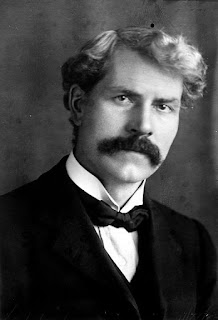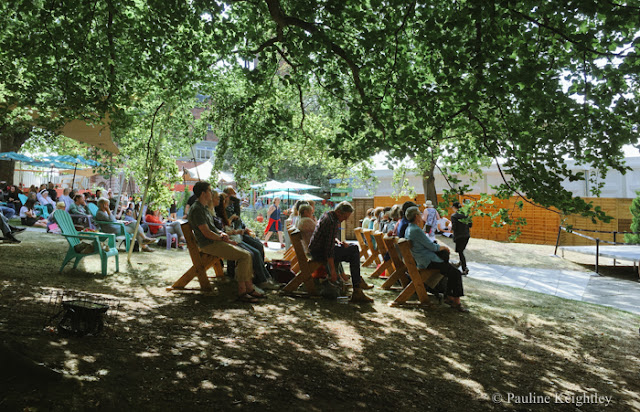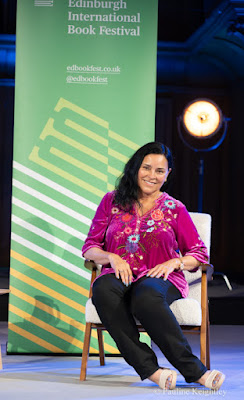Months before the Great War, Westminster passed a Homerule for Scotland bill 1914, at the time Ireland was also agitating for home rule.
1) First there was the Home rulers – Keir Hardy, a founder of Labour, a miner turned journalist, Cunningham Graham, John McLean.
2) Then there was The Poets (late 1830s) – Hugh MacDiarmid, Hamish Henderson, Edwin Muir,
1950s National Covenant for a Scottish Parliament, which 2 million signed;
3) The Intellectuals 1960s – third generation, Stephen Maxwell, (theorist), Gavin Kennedy, Tom Nairn (political theorist), Isobel Lindsay, Margo MacDonald,
*Yes majority vote Referendum 1979, not accepted by Westminster
4) After came The Activists, the fourth generation – Alex Salmond, Winnie Ewing, Mike Russell, Nicola Sturgeon, John Swinney, Cunningham. Knocked doors, manned stalls, leafleting, marches,
With a message of hope they eventually won power in Holyrood.
*Mini-parliament 1999, Referendum 2014.with yes vote at 45%
*The thirteen year old UK Supreme court (set up by Blair 2010) dared to compare Scotland to Quebec, when all Canadian “provinces” have the right to hold a referendum on any subject under the Canadian constitution. Reducing Scotland, as one of the founding nations of the UK union, as less than a province.
 |
| Margo MacDonald |
 |
| Winnie Ewing & Nicola Sturgeon |
 |
| Jim Sillars |
(**George Kerevan failed to mention the very significant and important grassroots YES movement around the INDYREF vote 2014 building momentum around the exhilarating, hope-filled debates for a better future and our independence.)
5) Yes Movement - alongside vigorous diverse hard working activism, creative arts, discourse, and online activism, consists of Believe in Scotland, the National newspaper, Common Weal,
With the Intelligentsia, academics, and journalists - Tom Devine, Lesley Riddock, Ruth Wishart, George Kerevan, Alan Bisset, Kevin McKenna, Gerry Hassan, Ian Bell, Stuart Cosgrove, more.
Foreign-owned media and press is another major factor.
 |
| John MacLean |
 |
| Hugh MacDiarmid |
Cunningham Graham - First elected socialist and a founder of both the Labour party and the SNP
John MacLean – revolutionist and educator
Ramsay MacDonald – first Labour Prime minster, fiery advocate of Scottish self-determination.. Home rule – meant Scottish sovereignty within the British empire
Intellectuals - traditional values of community and love of ideas with radical reconstruction of nation.
Devolution of political power to localities, local control of land and recourses.
 |
| Cunningham Graham |
I’m surprised Sunak defends Northern Ireland's sovereignty rights – but not Scotland’s. How is this democratic?
What next? We must stop viewing Scotland in Westminster rear view mirror. I'm so tired hearing that Scotland – CAN'T – because matters are reserved to Westminster.
Independence is a process and journey.
And start seeing Scotland as its own free nation. With its own story to tell. The baton is now being passed to a new generation,
How will they respond?
 |
| Ramsay MacDonald |
Four Generations failed to win Scottish independence. Will the next? What is to be gained from playing within the rigged rules of the Anglo state for yet another lost generation? Scotland: we are only on our knees because we refuse to stand up.





.jpg)
.jpg)
















